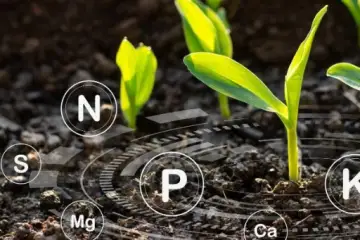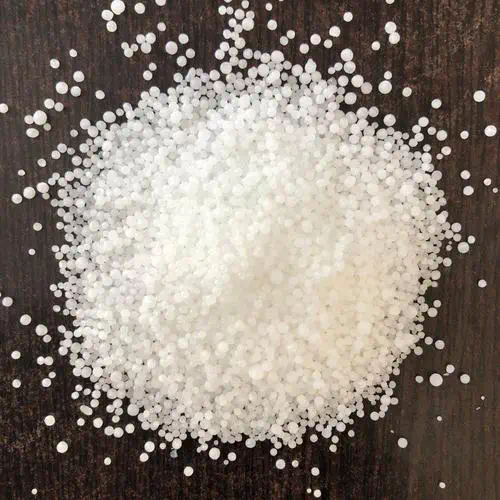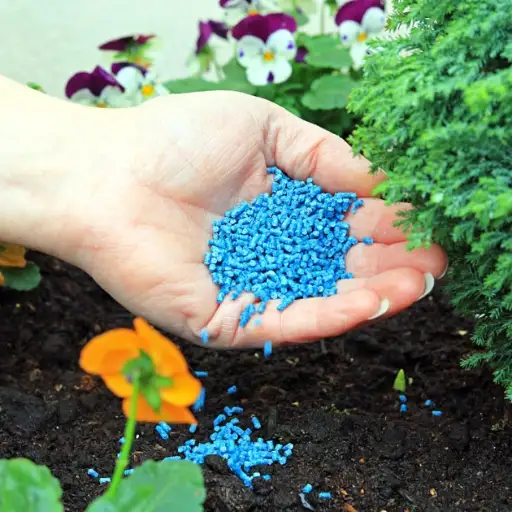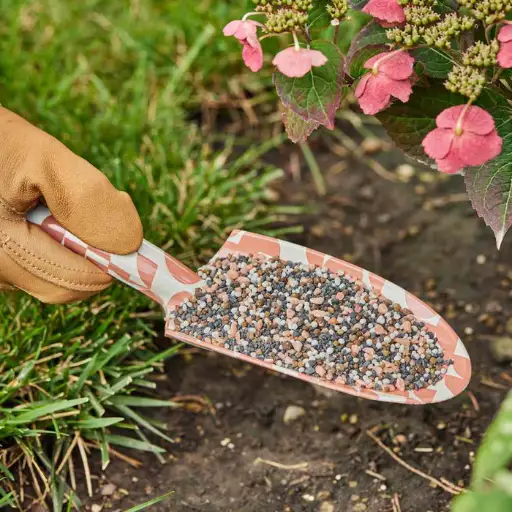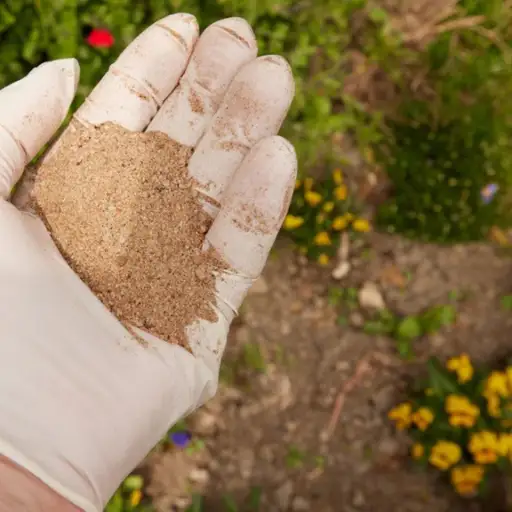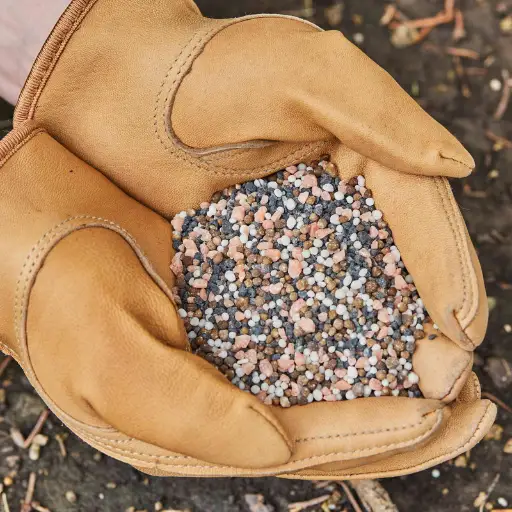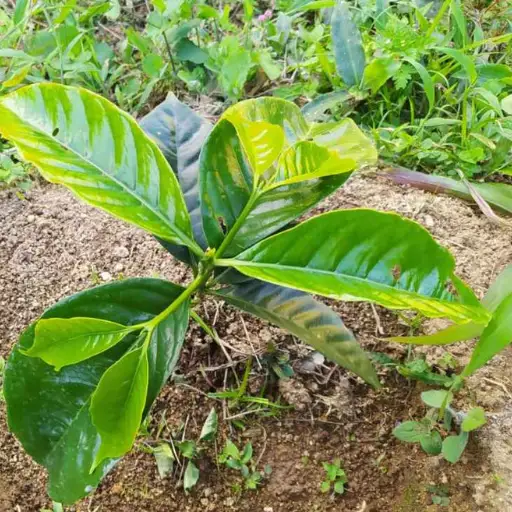Introduction
fertilizer is a must for onions for their healthy growth as well as yield.All the plants, such as Onion require various nutrients to flourish.And use of different type of fertilizers can affect a lot on crop. Therefore, organic fertilize for onions can surpass chemical fertilizers in multiple ways, but most of the farmers and home growers are adopting it for different reasons.
Organic fertilizers have many positive attributes compared with their chemical counterparts. They tend to improve soil structure, promote the activity of beneficial micro-organisms in the soil, and improve the soil’s water-holding capacity. All these advantages enhance onion growth as well as improve the overall health of the soil ecosystem. In contrast with many organic fertilizers, chemical fertilizers can degrade soil health over time, leading to the leaching of nutrients into the water system, causing pollution. Depending on the nature of the fertilising chemicals, this can lead to serious consequences for aquatic and riparian ecosystems. So by using organic fertilizers, growers get to produce healthier onions while, at the same time, improving the sustainability of their soil ecosystems.
Understanding Onion Nutrition Needs
Onions need a well-balanced diet of nutrients in order to maximise their bulbing and flavour development. The general nutrient requirements of any plant includes nitrogen (N), phosphorus (P) and potassium (K), which are referred to as the N-P-K ratio in fertilizer formulations, plus more secondary nutrients such as calcium, magnesium and others to develop into a healthy grown/maturing plant or bulb.
Because they accelerate the release of nutrients, slow-release fertilizers such as those based on organic matter are preferable: they ensure that the quantity of nutrients such as nitrogen needed by onions is provided over weeks or even months, and not in a huge burst that might not last the full two and a half months of bulbing. A regular, steady supply of nutrients will allow a bulb to grow more or less evenly as it grows. It will also have better health.
The benefits of organic methods are widely accepted in sustainable agriculture. Helen Carter, an agronomist specialising in organic methods, stated: ‘[U]sing organic fertilizer for onions meets their extended nutrient demands and builds soil fertility over the long term. The use of this type of fertilizer is much more compatible with any long-term cultivation strategies.’
This approach emulates the natural growth processes whereby onions are constantly seeking the nutrients they need – from germination, through growth and into maturity.
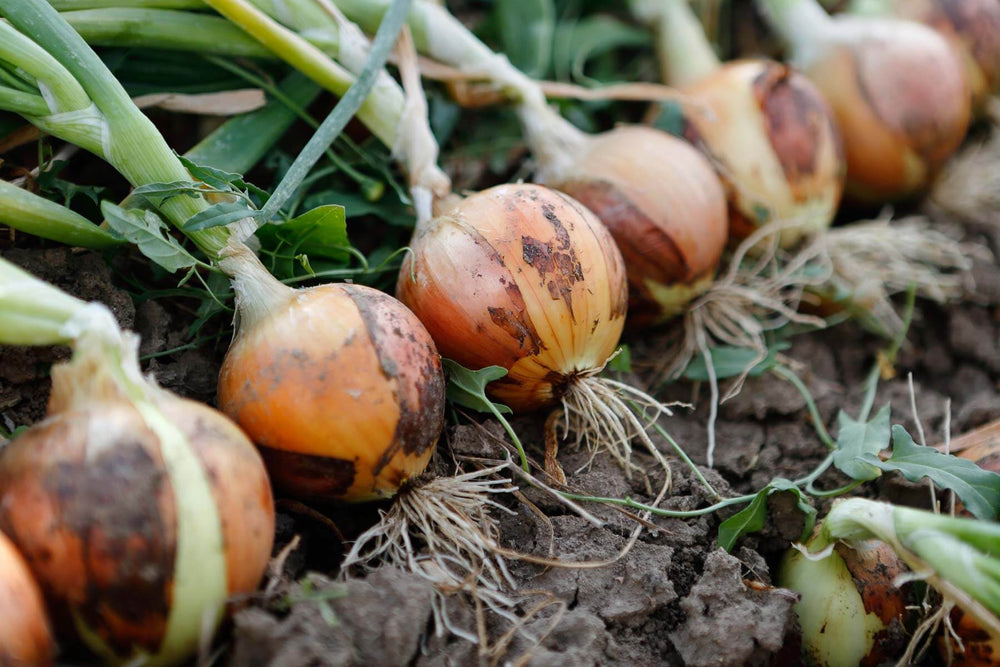
Types of Organic Fertilizers Suitable for Onions
For the best organic commercial quality of fertilizer onions, how to decide which is the best organic fertilizer for onions? Actually, there are various types of organic fertilizers, and each type has its effects and features. Although most organic fertilizers have good effects, they are more suitable in different soils and crop stages, and selecting the proper organic fertilizer is critical for the growth of onions. Ranging from ecological needs and economic control on the selection of the best organic fertilizers in the market or stores, I want to share and advise for the farmers. This is a detailed description of some common organic fertilizers.
Compost: Compost is high in both nutrients and organic matter, and is therefore a great all-purpose addition. It improves your soil’s structure, improves moisture-holding capacity, and provides habitat for beneficial microbial activity, all of which promote plant health.
Manure: Aged manure from cows, horses, or chickens can be a powerful nitrogen-delivering fertilizer. Just ensure that the manure has been composted – burning plants with too much ammonia isn’t a good idea, especially for new landscapes. It is also important that the amended soil does not introduce pathogens to the soil.
Fish Emulsion and Green Sand: This sandy soil additive breaks down slowly, maintaining a steady release of nutrients into the garden soil over time. It’s particularly useful to mix with your mulch when your onions are in the ground. Fish Emulsion: This liquid fertilizer holds its nitrogen, phosphorus, and potassium in a quick-dissolving solution, allowing your onions to quickly absorb a nutrient boost when they need it most during the growing season.
Blood Meal: High in nitrogen, blood meal will produce vigorous leaf growth in onions making it a good choice early in the season while onions are establishing vigorous top growth to lay a good foundation for the bulbs.
Bone Meal: Promotes substantial root growth in onions. Not only is bone meal a high phosphorus source, it also contains calcium, which prevents blossom end rot in onion bulbs.
Each of these fertilizers has its pros and cons:
Compost is versatile and reasonably safe but, depending on the source, might not provide as many nutrients as other options.
Manure is a source of concentrated nutrients frequently too generous in the quantity applied and often overloading a farm system with contamination.
Fish Emulsion gives fast results but can be smelly and needs to be applied often.
Blood Meal is rich in nitrogen, which will amplify the growth of foliage, but can have the adverse effect of developing lots of leafy greens at the expense of bulbs, as long as other nutrients aren’t added in a balanced way.
Bone Meal is good for the roots, but it has to be applied well ahead of the plant’s need for nutrients.
It depends on doing a soil test to see what nutrients your soil needs and then choosing an organic fertilizer that suits your onions’ needs. You wouldn’t put a standard fertilizer on your soil that’s too high in nitrogen because this would make your onions’ tops too big. But the same fertilizer might be a perfect fit for roses, which require more nitrogen to produce large blooms and full growth.
How to Apply Organic Fertilizer for Onions
Applying the best organic fertilizer for onions also matters as much as the kind. Fertilizer is the second thing to consider in growing good onions, and considering the best fertilizer practices can get you the most healthy crops possible and good yields. Here’s the thing:
The time of fertilizer application is different depending on which stage of growth the onions are in. When you plant the onions, you need to put this fertilizer in. This will provide the plant with the nutrients it needs for its early growth. A second application, usually referred to as side-dressing, is needed when the onions reach the stage where the bulbs begin to grow. The plant needs some extra nutrients for the full development of these bulbs.
Methods: There are several methods to apply organic fertilizer:
- Broadcasting before planting and mixing it into the soil.
- Side-dressing along the rows of onions to provide a mid-season nutrient boost.
- Foliar feeding with liquid organic fertilizers such as fish emulsion can be especially useful, especially for rapid nutrient uptake.
Every fertilizer is different, but frequency is dependent on organic content. For fertilizers that are slow-acting – such as compost or bone meal – you may only have to apply them once or twice per season. However, you should apply fertilizers that are fast-acting – such as fish emulsion – much more often, probably every 2-4 weeks.
To begin, consider the different types of soil. Soil characteristics have a big impact on the way we distribute fertilizer: For example,
- Clay soils retain nutrients and moisture for longer, but are slow to release them, and may therefore involve fewer applications each year.
- Conversely, sandy soils leach nutrients rapidly and might need to be fertilized more frequently to maintain ideal nutrient levels.
As soil scientist Dr. Emily Robertson puts it: “It’s not just that it’s good [to square the circle]; it’s that it’s necessary. If you’re not applying fertilizer on a square-root basis, then you’ll get a lot of nutrient run-off, and [more importantly] you’ll end up with the onions running out of food before they’re ready.”
With this guidance, growers can produce not only bountiful but also more environmentally friendly onions by using locally appropriate application methods and schedules, no longer relying on the default program.

Impact of Organic Fertilizer on Onion Health and Yield
Appropriate application of organic fertilizers (compost, manure and bone meal, to name a few) boost the health of onion plants and their yields in a different way by enriching the soil with organic material that improves the soil’s water- retaining capacity and nutrient-holding ability. This in turn improves the soil structure and root development and function; ie, the foundations for healthy plants and bountiful harvests.
Discussion: How Organic fertilizers can either: enhance soil health or: not do much, when compare to chemicals.I personally would agree whole-heartedly with the assertion that organic fertilizers play a crucial part in soil health. . . they increase the biodiversity of soil organisms which contributes a lot to nutrient cycling and regulation of diseases. Such a biologically rich soil environment allows onions to grow stronger and more so that they can fight pests more effectively, as well as remain disease free.
Organic fertilizers Use Cases: Onion farming
To illustrate the advantages of utilizing organic fertilizers in farming, a case study concerning onion production has been crafted. This case study has shown us that using such fertilizers instead of synthetic ones makes it possible to yield onions of higher quality and nutritional value.
First, it is important to provide a critical overview of the situation at hand. Specifically, research has indicated that it is possible to grow higher yields of onions if organic fertilizers are used. The Department of Agriculture has conducted a study on onion production measures, which draws attention to the fact that yield of the onions grown in soil enriched with natural fertilizers amassed 20% more pieces of onions.
Furthermore, body statistics also show that onions, grown and harvested with the help of natural fertilizers, boast a higher concentration of key organic compounds that are helpful in regard to human health. Specifically, such onions displayed a higher concentration of human vitamins like vitamin C, as well as vitamins that belong to the family of flavonoids.
In addition, the use of organic fertilizers in organic farming also brings about environmentally friendly and sustainable benefits. These practice would reduce the effect of chemical runoff and residues on the environment, making the ecosystem around the farmland fresh.
To conclude, one can say that the planned application of organic fertilizers does not just help the crops of onions to grow more rapidly, but also contributes to a more environmentally friendly form of agriculture. An investment in organic fertilisation thus does not only add value to farmers’ production of onions, but also to environmental health, benefitting economy and ecosystem alike.
Additional Tips for Growing Onions Organically
In addition to selecting the right organic fertilizer for onions, there are a number of other organic onion farming strategies that can increase both crop yield and produce quality. Below is a summary of these practices:
Companion Planting: Companion planting can be naturally beneficial to the environment of an onion’s growth. If onions are planted beside carrots, the onions can be somewhat protected from onion flies, a persistent pest in the onion family, because the carrots’ odors confuse the flies, making them hard to find. Furthermore, if onions are planted next to chamomile herbs, not only would the onions taste better but chamomile can offer good shelter for beneficial insects.
Organic Pest Management: Control of pests in organic farming must take place without chemical intervention. Row covers are used as a physical barrier to protect onions from pests. Ladybugs are a natural predator of aphids sprinkled on plants to help control them. By introducing a diverse wildlife community, there is little need for pest intervention as predators and competitors control any potential outbreaks naturally.
Importance of Crop Rotation crop rotation with other crops is important on an annual basis. Moving onions every year breaks soil-borne disease and pest life cycles and helps manage nutrient loss in the soil. For example, planting a leguminous crop after onions will bolster soil nitrogen levels to which the next onion crop will readily respond.
Good soil management: Soil testing and getting a handle on organic fertilizer inputs – Organise regular soil testing to get a handle on what nutrients are deficient, or ph pH balance out of whack, and taking targeted organic amendments to balance. Soil pH onions best in 6.0-6.8; annual organic matter: aids soil structure, nutrient-holding capacity, until healthy.
Not only are these practices good for sustainable agriculture, they produce better, tastier onions. Growers stand to benefit if they incorporate these and other practices into their gardens or farms, practising competitive and healthy organic agriculture.
Conclusion
In short, as far as the production of onions is considered, relying on organic fertilizer facilitates its health, sustainabilty and yield.Compost, manure, bone meal, and similar organic fertilizers supply the nutrients that plants need in the most accessible forms. They also bring about positive effects on soil health.
Predicated on what has been presented above on the various methods employed in organic odurukai (onion cultivation), it is predicted that the following essay should explain why the cultivation of onion (or any other crops) through organic methods will be a way of farming that embraces broader perspectives, truisms and fundamentals as well as humbling us to believe that what we are doing to the soil, the farming experts and the crops we cultivate can bestow longevity and productivity upon the soil and the crops being cultivated with greater heights of nutritious freshness.
Farmers and gardeners are encouraged to embrace these organic practices not just for their short-term advantages, but for creating a healthier environment in the long run. Growers support an increased ability of soil to retain nutrients as well as to withstand flooding and drought, while reducing volatile chemical pollution of the earth and our food.
And so practising organic methods is about more than growing onions: it is about nurturing the land that sustains us; it is an investment, not only in the future of farming, but in the future of our home, a planet for people.
Here are three scholarly references related to the use of organic fertilizers for onions:
- Zhang et al. (2023) explore the technical efficiency gains among farmers in the Bohai Rim region of China from substituting organic for chemical fertilizers, highlighting the broader environmental and productivity benefits of organic practices.
- A study featured in MDPI’s Agriculture journal discusses how the use of organic and chemical fertilizers affects soil health, emphasizing the enhancement of soil properties and moisture content when using organic alternatives.
- Ghosh et al. (2022) in their PLoS ONE article investigate the effects of combining organic and inorganic fertilizers on the productivity and soil fertility of monsoon rice. Their research indicates that such integrations can improve soil fertility and crop yield, which could be applicable to other crops such as onions.


